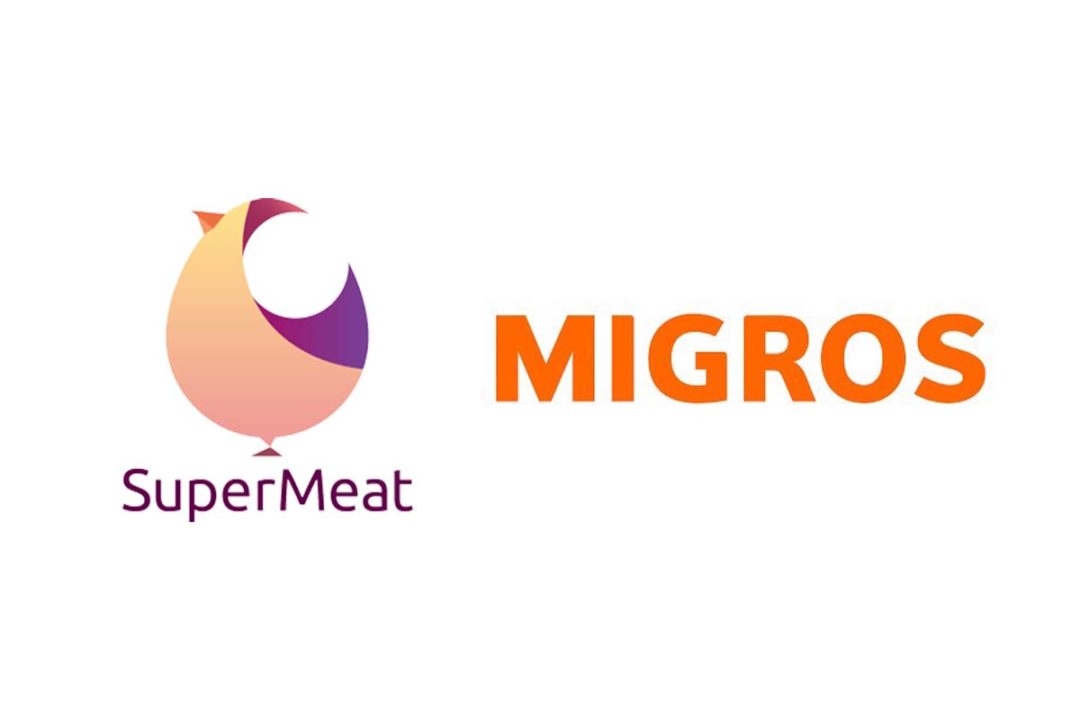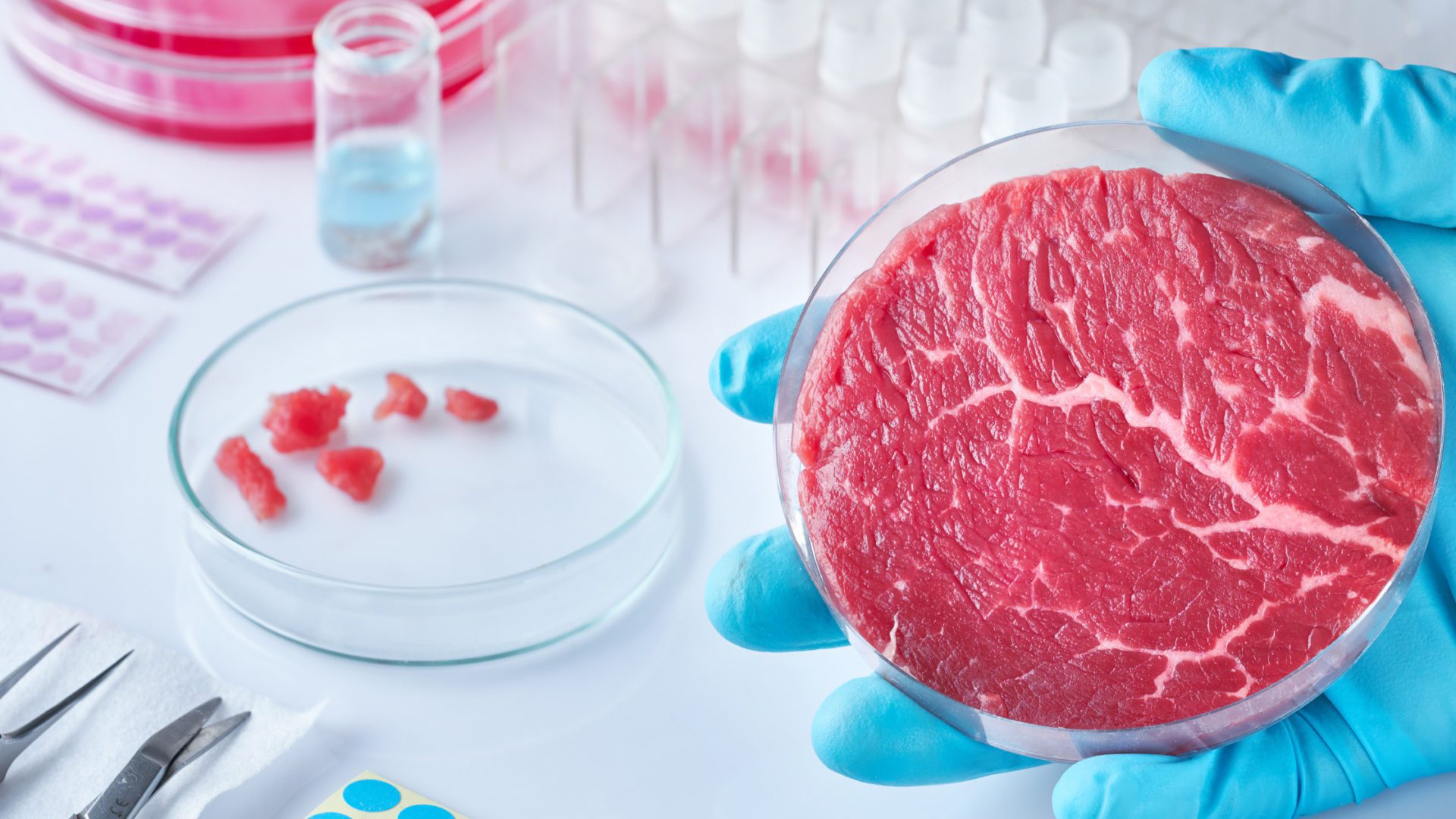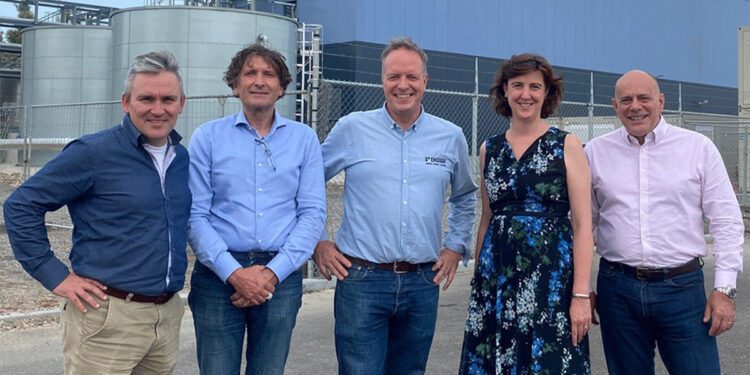With the business of cultured or lab-grown meat set to take off here, a new initiative aims to make sure such alternative protein sources are safe for consumption.
The Bioengineering Tools for Next-Generation Cellular Agriculture (CellAg) programme plans to develop sensors for the early detection of microbial contamination during the production of cell-based foods, as well as to develop compounds that can prevent such contamination without antibiotics.
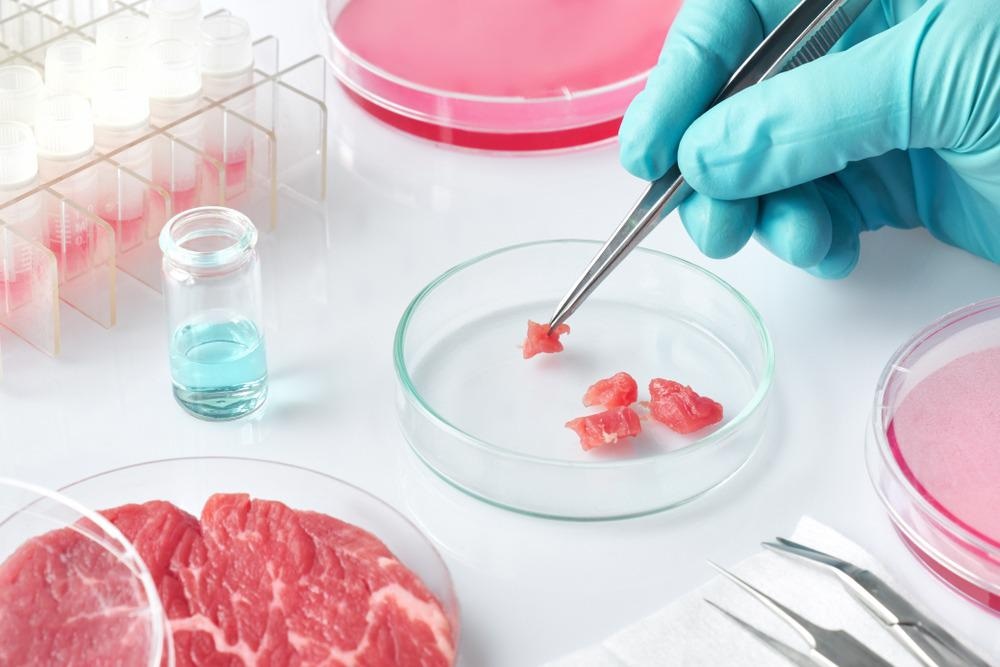
“If successful, these can increase the yield and quality of alternative foods, while reducing costs,” Deputy Prime Minister Heng Swee Keat said on Monday, when the initiative was unveiled at the Create Symposium, themed Science Of Sustainable Cities.
CellAg – a collaboration between the Hebrew University of Jerusalem (HUJ) and Nanyang Technological University (NTU), among other research institutions – is funded by the National Research Foundation (NRF) through its international Campus for Research Excellence and Technological Enterprise (Create).
Mr Heng, who is also NRF chairman, said the programme is an example of Create’s focus on developments for sustainable cities in recent years.
“By the end of this century, urbanisation will see most of the world’s population living in cities. I hope that what is tested in Singapore may also be relevant to the world,” he said during the event, held at University Town on the National University of Singapore’s campus.
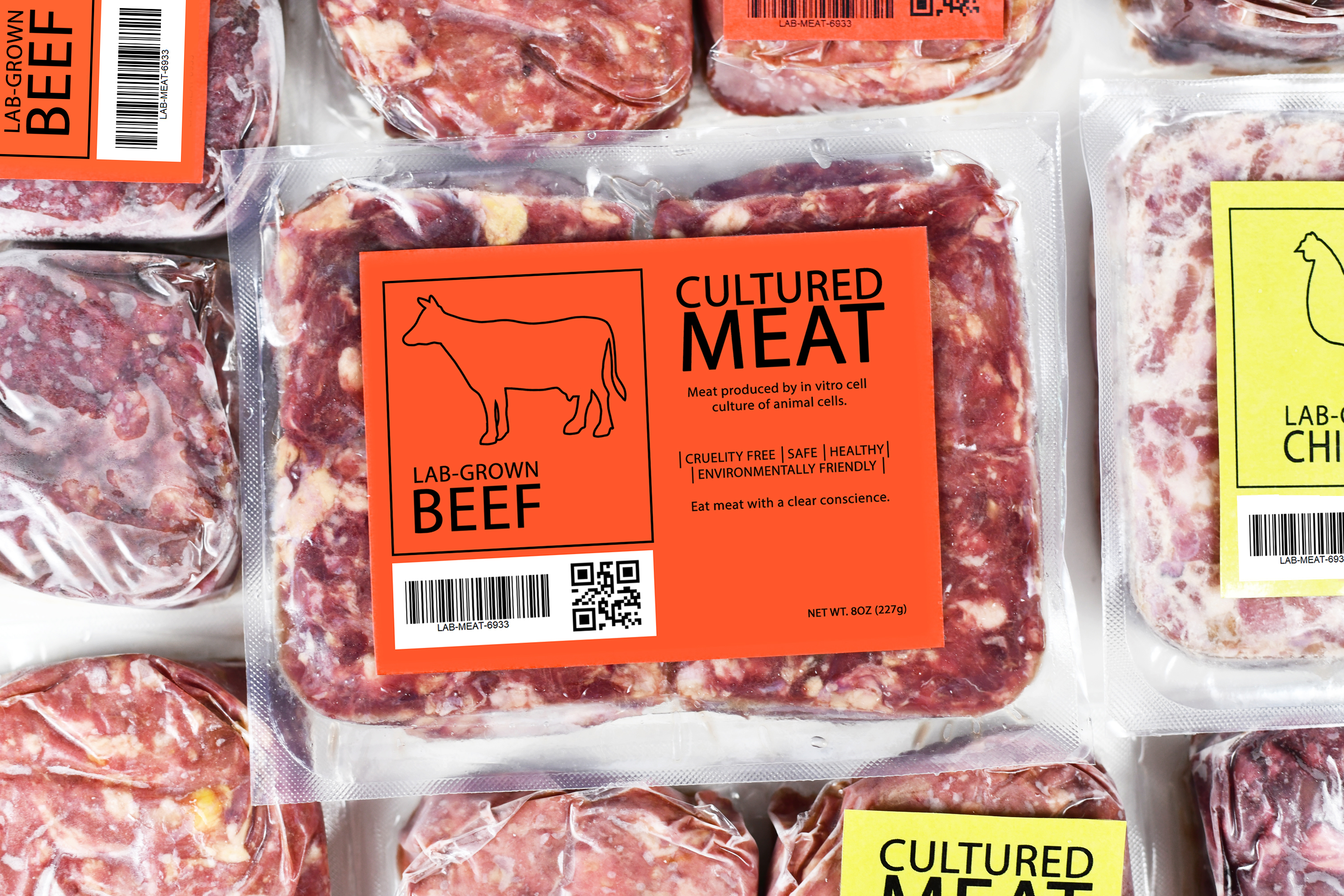
Professor Shlomo Sasson, the chief executive of the Singapore-HUJ Alliance for Research and Enterprise, which is spearheading CellAg, said the project aims to have a proof of concept at the end of an initial 3½-year phase. After that, it will be adapted to the needs of the cultured meat sector.
“This is going to become a very important industry for food security in Singapore, and this project actually is going to support it,” said Prof Sasson.
Investments in cultivated meat firms in the Asia-Pacific grew by 96 per cent, from $48 million in 2021 to $95 million in 2022, according to think-tank Good Food Institute APAC.
Local firm Esco Aster has said it will set up an 80,000 sq ft plant in Changi by 2025 to produce at least 400 to 500 tonnes of cell-cultured meat a year.
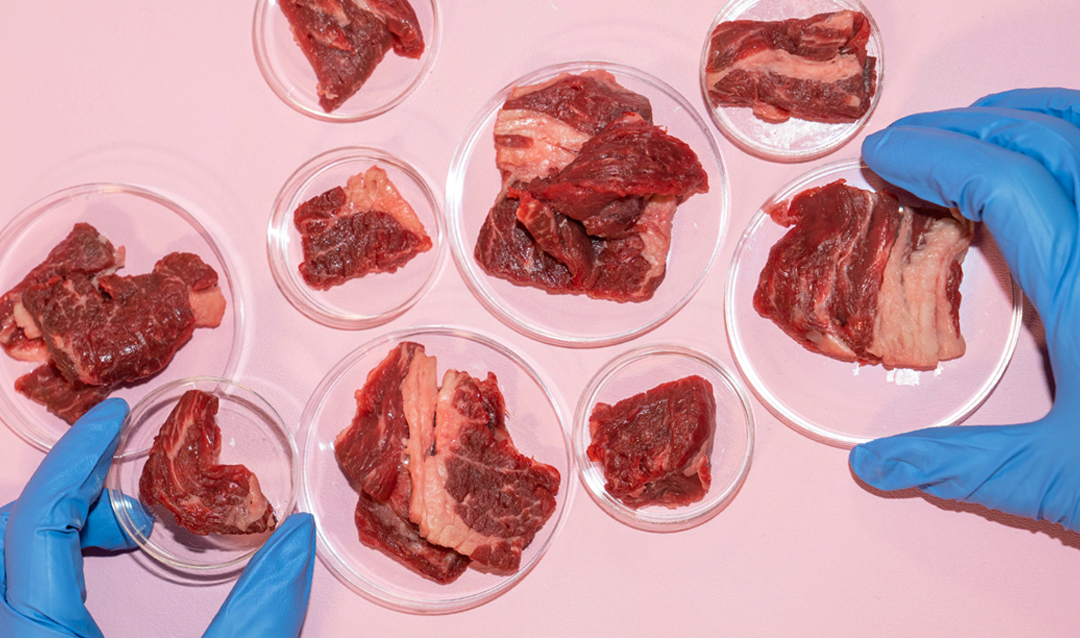
** Click here to read the full-text **






